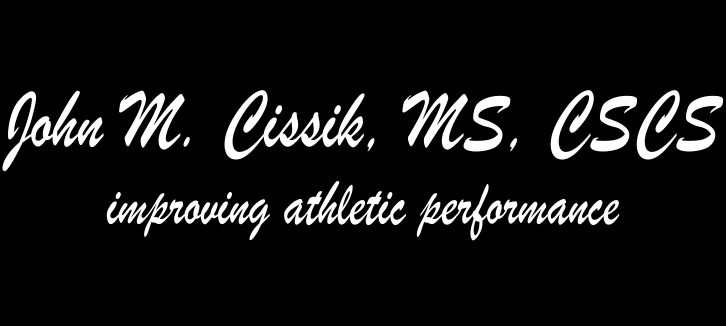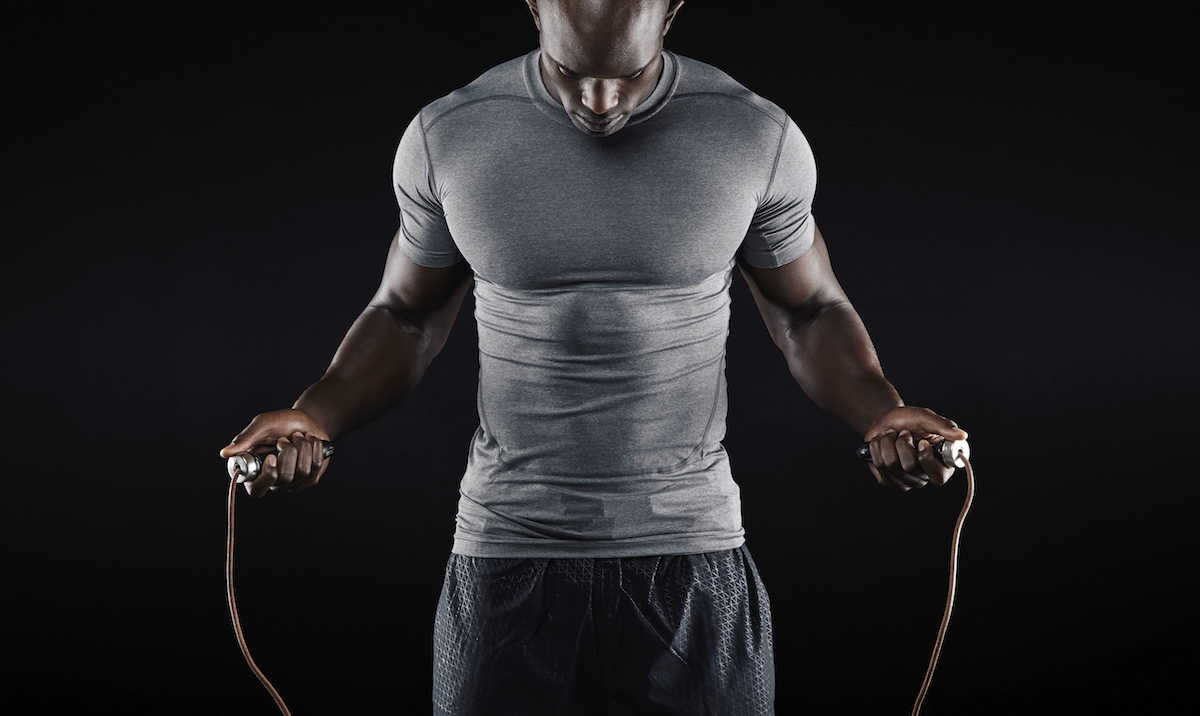One of the great values of sports is that they have the potential to teach accountability. This is one of the most difficult things to incorporate into coaching. It’s also one of the things that makes young people quit sports at an early age.
Accountability is extremely important to functioning in the adult world and there are an awful lot of people who don’t have this capability. I can use a lot of adjectives and phrases to describe someone who possess accountability; on task, engaged, responsible, intrinsically motivated, owns their mistakes, etc. At the end of the day, I think this is someone who takes ownership of their performance in sports, school, work, and life. There aren’t many avenues that teach this anymore outside of teaching, the military, and sports.
There was a time, not long ago, where we could take an almost military approach to coaching. This involved a lot of screaming, insulting, physical punishment, and group punishment for individual mistakes. The idea being that this would toughen people up, create a group identify, and create a culture where the group would “motivate” the individual to refrain from making mistakes.
Today’s athletes are different in some ways than they used to be. It’s not unusual to have sports be the only setting where a great degree of accountability is expected of them. This is a difficult culture shock to both athletes and the parents. Yet, it’s critical to the successful execution of team sports.
So, if coaches cannot be drill instructors anymore, how do we develop accountability? What follows are some thoughts on this:
- We reward effort with playing time
- We put team before self
- Our job is to coach, yours is to learn
- We work hard, it’s who we are
We reward effort with playing time
By definition there are only a handful of elite athletes, which means that most coaches are extremely unlikely to encounter one. That means that the majority of our sports teams are made up with athletically average individuals. However, if those “average” individuals have a good attitude, are coachable, and put in effort then they can collectively perform at a high level.
Playing time is a fundamental tool of coaches. If athletes practice, if they put in effort, then they are rewarded with playing time. If not, then they spend more time on the bench. Now, this works well with individuals that want to play. But, it doesn’t work when we make exceptions for the really gifted athletes that just go through the motions at practices – beware double standards!
We put the team before self
This is one of my favorite Tweet themes; put team before self. This starts with the coach. Is the coach concerned with his image or reputation? Is he/she concerned with showing how smart/great they are? Or are they getting their hands dirty, getting sweaty, and staying humble? If the coach puts himself or herself first, then how can you expect your athletes to sacrifice for one another?
This also goes back to another pet peeve of mine. Coaches that are looking for new jobs the moment they take over a team. It’s difficult to expect people to work together to accomplish something great when the coach cannot even stay committed.
Our job is to coach, yours is to learn
As a coach, I have several jobs. First, teach the sport. Second, coach the competition. Third, put the athletes in a situation where they can be as successful as possible. Fourth, be a good example for my athletes. Fifth, help my athletes learn some bigger lessons about life through sports. Finally, teach the values of hard work, sacrifice, and working together.
Let’s dwell on the teaching aspect. As a coach I’m going to teach, reteach, and provide feedback on skills and plays. I understand that some things are physically beyond some athletes. In that circumstance I’m looking for hard work and effort (i.e. is the athlete trying?). But, when I have athletes that are ignoring that coaching then we’re in a different place. This goes back to effort, to putting the team before self, and attitude.
If I coach it and the athlete makes a mistake, then that happens and it’s okay (the athlete knows they made a mistake and beats themself up harder than I ever could). But if I coach it and the athlete ignores my coaching – then we’re in a different place and it’s time to use different motivational tools to change their attitude.
We work hard, it’s who we are
It’s important to create this culture on teams. This means that practices are physical, tiring, but have a purpose beyond just beating people up. I do this by having some strenuous warm-ups on the first day of practice, followed by practice, followed by conditioning. Then I have each practice follow the same pattern. I’ve also been known to have much more strenuous practices following really poor performances in games (which I always call underwhelming performances). This looses us some athletes, but the remaining ones take some serious pride in being worked hard, which goes back to reinforcing the culture that I want to create.
So, some thoughts on how to create an accountable team culture.



